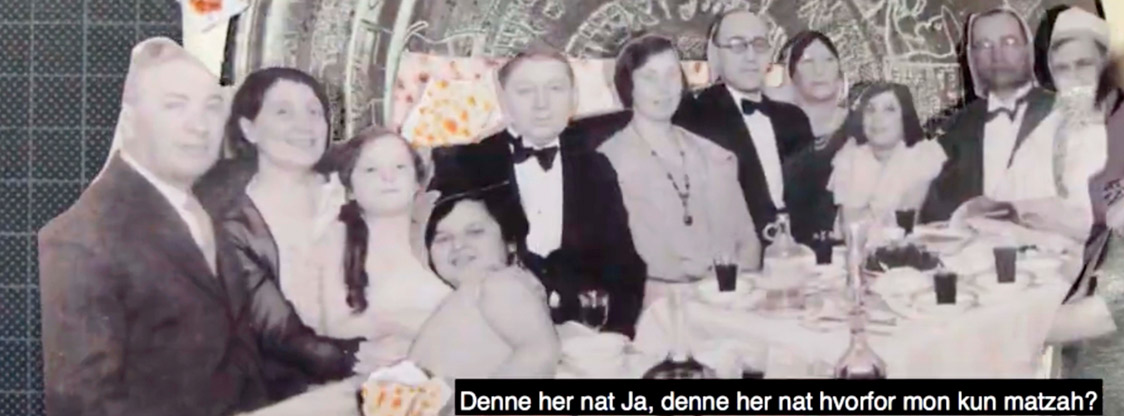
Sangen”Mah nishtanah, ha-lajla hazeh ” er spørgesangen, der spiller en vigtige rolle ved seder-måltidet.
Det er tradition, at den yngste person ved bordet synger spørgsmålene fra Haggadah til Pesach, om det særlige ved denne nat. Teksten stammer fra Mishnah, og er i forskellige varianter citeret i Talmud. Den oprindelige, hebraiske tekst blev nedskrevet for cirka 1800 år siden. De fire spørgsmål lægger op till, at vi sammen fortæller og fejrer historien om udgangen af Ægypten
Du kan hente både den originale tekst og den ny tekst i sanghæftet her.
Oprindelig hebraisk tekst nedskrevet ca. år 200 kr.t., fra Mishnah Pesachim kap.
10 og derefter fra Haggadah till Pesach.
Musik: Ephraim (Nie?wi?ski) Abileah (1881-1953)
Dansk gendigtning: Karen Lisa Salamon & Rosa S. Pesko
